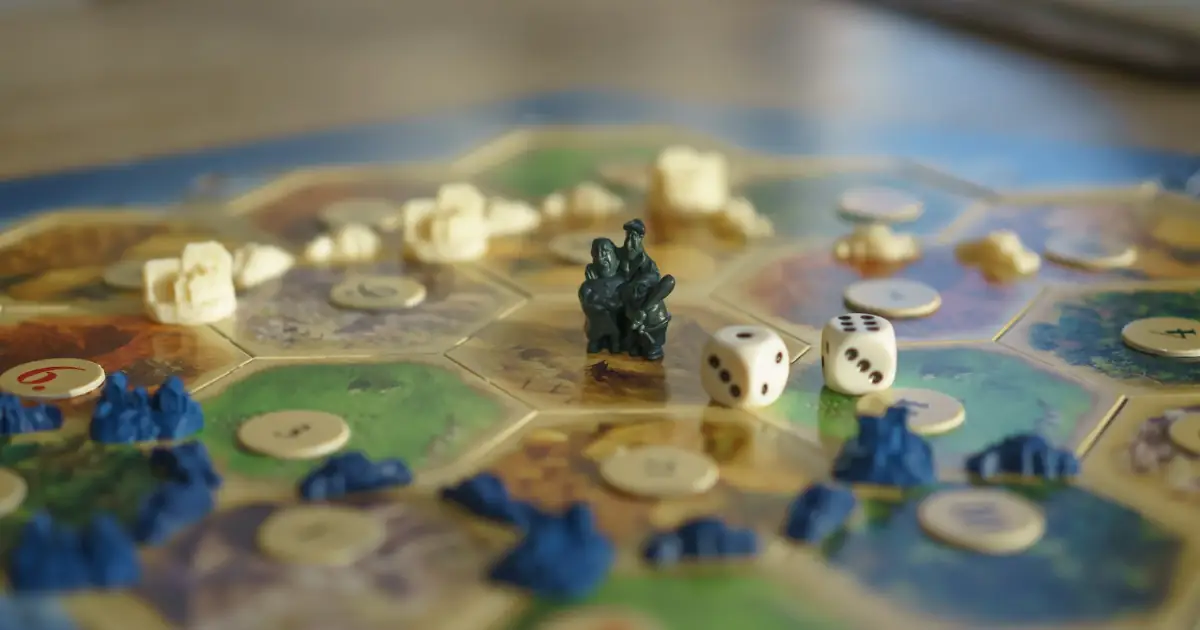According to 19 studies, children in families participating in board game nights, or that play board games in general, display a heightened skill in mathematics. The studies introduced the children to a total of 25 games like The Great Race, Dominoes, Monopoly, Chutes and Ladders, and similar games of that nature. The results showed that in 32% of the games, the children displayed significantly improved mathematical abilities, compared to other children that did not play those games.
The assistant professor of education at Pontifical Catholic University of Chile Jaime Andrés Balladares Hernández further backed up the studies, stating that children that played about 52% of those games in question showed improvement in math skills compared to children that didn’t. The results were later summarized and published by Early Years – the largest organization in Northern Ireland working with and for young children.
A Winning Formula for Improving Math and Social Skills
Board games can be a powerful educational and societal force if used correctly, especially with your children. Most tabletop games involve mathematics in some shape or form – be it calculating die rolls, stats, or victory points (depending on the game). Exposing young children to the early and simple implementations of mathematics, especially in a fun manner can make them fall in love with the subject, especially when you add the mechanical implementations of a board game into the mix.
But board games not only improve mathematics, but social skills as well. Most board games already have a social element in them, forcing their players to communicate and work together to defeat a common foe, or having to play guessing games and use gestures to explain a subject matter. All of those things add up to make for a friendly social environment and develop crucial social and problem-solving skills.
The potential implementation of board games in schools may be a great way to improve various skills in children, as board games are not traditionally associated with an academic environment. Regardless, they have all the necessary tools for the task at hand, in addition to making the process fun and interactive.
And on a final note, playing board games brings families closer. The same social and problem-solving skills described above work wonders in a family environment, where communication and understanding are also key. After all, it’s a proven fact that problems are easily relayed and solved in a fun, stress-free environment.

